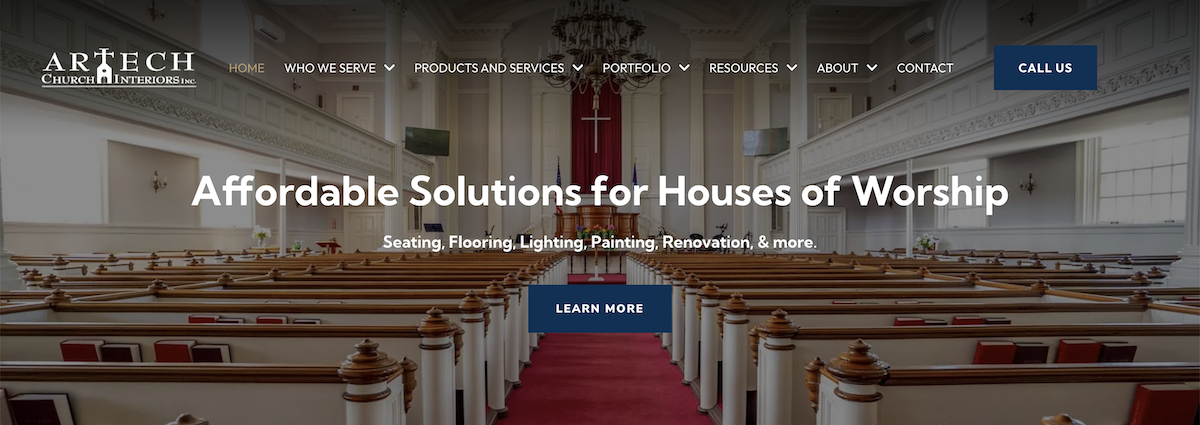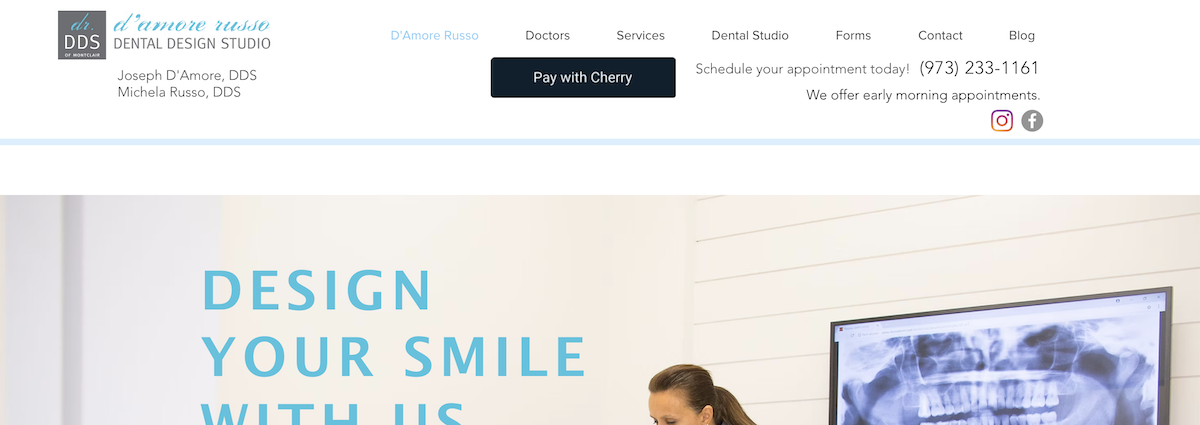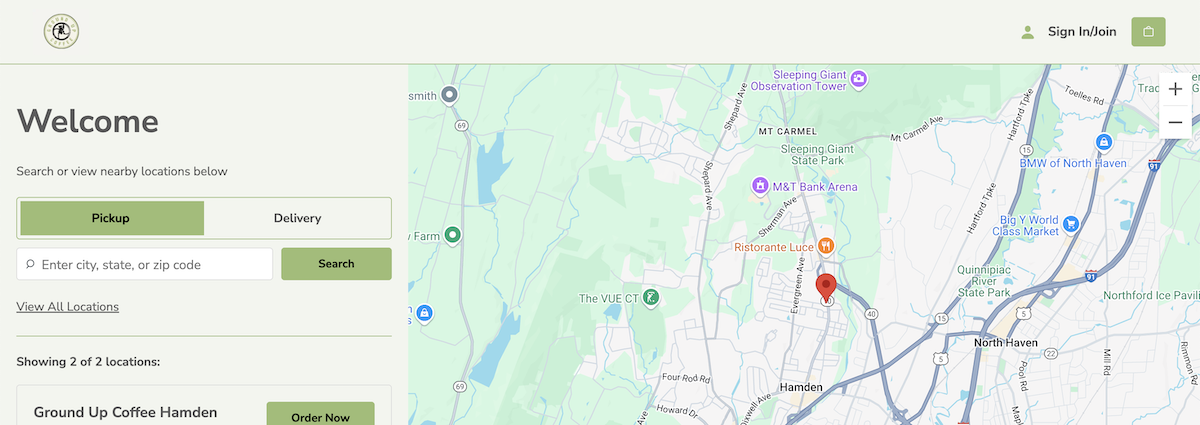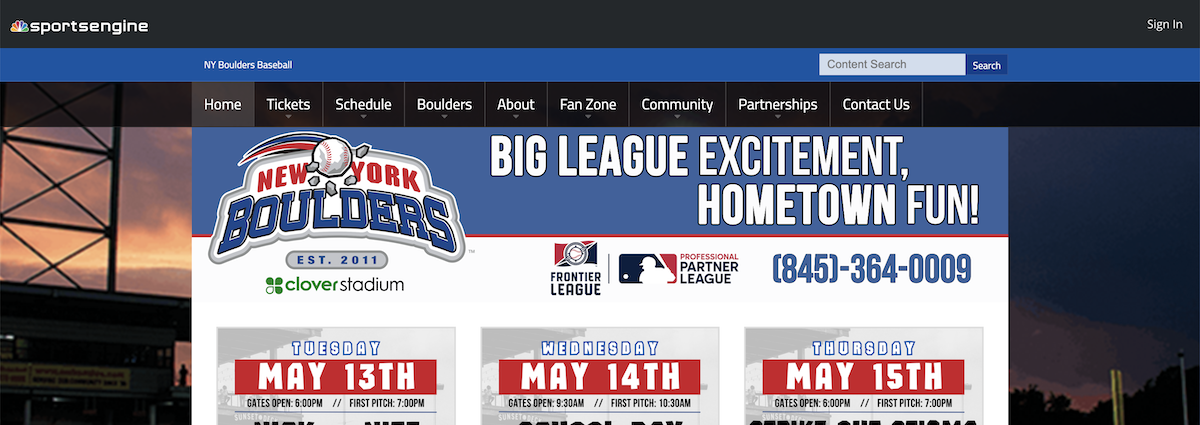Projects

AdvanceCT
advancect.orgProject Description
AdvanceCT is a Connecticut's statewide economic-development organization. Its prospect data had been stored in a repository that was difficult to maintain, hard to search, and offered no consistent view of project status. The student consultants migrated the information to a cloud project-management platform and set up standardized records with AI-generated summaries. They also outlined a roadmap for automated data ingestion and for extending the template to additional pipelines as volumes grow. The consolidated workspace now serves as a single source of truth, shortens update cycles, and allows staff to collaborate in real time instead of switching among disparate files.
Key Learnings
Coordinating with multiple points of contact and aligning their competing priorities strengthened the student consultants' communication skills and reinforced the need for flexibility in project management.

Antonio's Italian Style Pizza
antoniospizzasheltonct.comProject Description
Antonio's, part of a restaurant group in Shelton, CT, previously routed orders through separate phone and online channels and coordinated deliveries without live tracking. The student consultants streamlined digital ordering by linking the incumbent system to third party delivery networks, embedding a unified ordering link on the website, and defining contingency workflows for service interruptions, while outlining enhancements to simplify catering requests. Early metrics show increased website-originated orders, and management expects broader delivery coverage and incremental revenue as the new processes scale.
Key Learnings
Researching multiple ordering solutions, navigating limited client availability, and dealing with external consultants taught the student consultants to ground recommendations in evidence and maintain clear internal communication.

Artech Church Interiors
artechchurchinteriors.comProject Description
Artech Church Interiors is a Connecticut-based contractor that renovates worship spaces throughout the Northeast. Before the engagement, its leads, estimates, and projects were tracked in paper files and basic accounting software, limiting visibility into pipeline health. The student consultants implemented a cloud construction-management platform, set up dashboards and workflows, and trained staff on daily use. Over the next six months Artech expects to activate additional budgeting and field-management features and, if growth continues, move to a more advanced subscription. Centralizing information has reduced administrative work, improved coordination, and given office staff and subcontractors real-time insight into project status.
Key Learnings
The student consultants learned that a live demo is the fastest way to secure client buy-in, that recommending options at different price/complexity levels builds trust, and that tight internal communication is essential when a project introduces an unfamiliar platform.

D'Amore Russo Dental Design Studio
drdentaldesignstudio.comProject Description
D’Amore Russo Dental Design Studio is a mid-sized practice in Montclair, New Jersey. Appointment scheduling was handled entirely by phone, and staff re-entered appointment details into a practice-management system, which limited automation and contributed to missed visits. The student consultants evaluated cloud booking options and piloted an online scheduling interface that integrates with existing records and supports automated patient notifications. The practice’s web developer will embed the tool on the site and activate text and email reminders. Management will transition gradually away from phone scheduling and track adoption over the next half-year. They anticipate lower no-show rates, smoother front-desk operations, and an improved patient experience.
Key Learnings
The project underscored the value of rapid prototypes, the need to balance price against learning curves and regulatory requirements, and the importance of iterative feedback when juggling limited client time and multiple software options.

Ground Up Coffee
groundupcoffee.onlineorder.siteProject Description
Ground Up Coffee is a specialty coffee company with two locations in Connecticut. Rapid growth left its stock levels recorded on paper clipboards, limiting oversight and contributing to sporadic shortages. The student consultants designed a scalable digital inventory framework consisting of a consolidated workbook that catalogs every SKU, preferred vendor, and target quantity, so staff need only enter current on-hand counts to receive precise reorder recommendations. As transaction data accumulates, the workbook can connect to the existing point-of-sale platform to automate updates, alerts, and analytics. Although implementation was postponed, leadership has approved the rollout and expects tighter cost control, fewer run-outs, and more efficient purchasing once the tool is deployed.
Key Learnings
The project showed that Excel can be enough at startup scale and that trial-and-error, clear focus on client value, and continuous mentor feedback are vital when setbacks occur.

New York Boulders
nyboulders.comProject Description
The New York Boulders, an independent professional baseball organization, previously stored ticketing, promotional, and weather information in several disconnected spreadsheets with limited analytical visibility. The student consultants consolidated these datasets into an integrated reporting environment that refreshes automatically and surfaces insights through a live dashboard using Microsoft PowerBI. Staff can now evaluate performance by event type and scheduling variables to support data-driven revenue planning. Early findings show that school-day promotions substantially boost attendance and that themed evenings generate meaningful incremental revenue. Planned next steps include direct integrations with ticketing and marketing platforms and, subject to budget, a managed data pipeline to accommodate additional metrics.
Key Learnings
The student consultants learned to master a new analytical platform quickly, maintain constant client contact despite a busy front office, and present alternatives that fit the client's needs and budget.